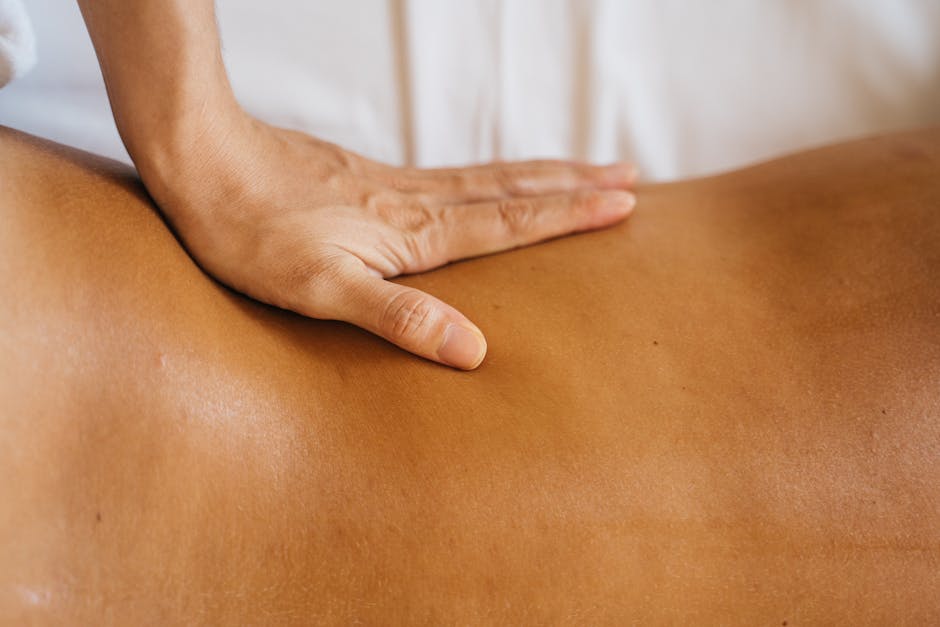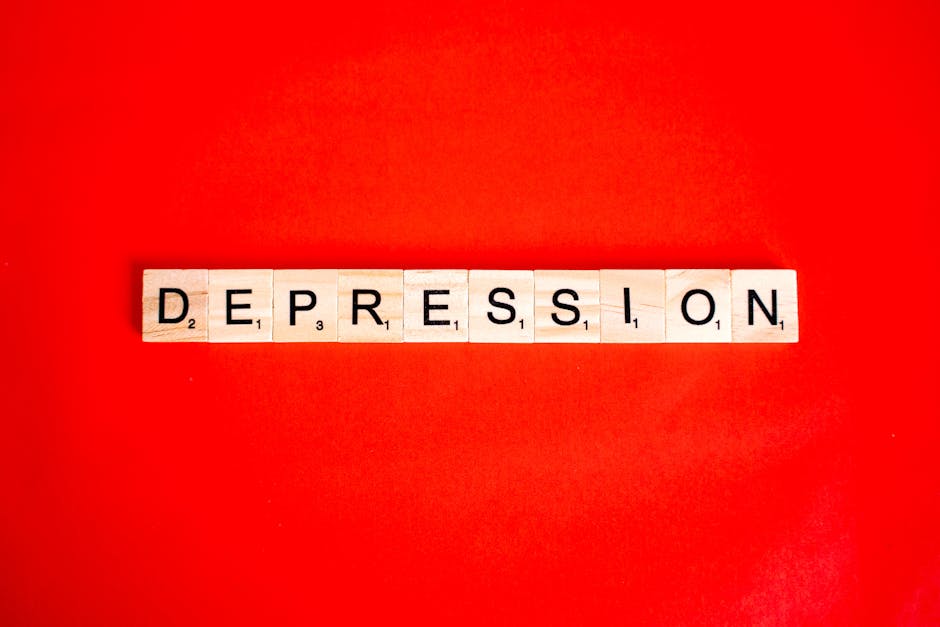The importance of self-care in recovery
Hey there, friend! Today, let’s talk about something really important: self-care in recovery. You might be wondering, “What does self-care have to do with recovery?” Well, I’m here to break it down for you.
What is self-care in recovery?

Self-care is all about taking care of yourself in a way that supports your physical, emotional, and mental well-being. In recovery, this means prioritizing activities and practices that help you heal and grow stronger.
For example, self-care could include things like:
- Taking time to relax and unwind
- Eating nutritious meals
- Getting enough sleep
- Exercising regularly
- Connecting with supportive friends and family
Why is self-care important in recovery?

Self-care plays a crucial role in the recovery process for several reasons. Here’s why it’s so important:
1. Self-care reduces stress and anxiety
When you’re going through recovery, it’s natural to feel stressed and anxious at times. Engaging in self-care activities can help lower these feelings and promote a sense of calm and relaxation.
2. Self-care improves physical health
Recovery can take a toll on your body, so taking care of your physical health is essential. Eating well, exercising, and getting enough rest can help you regain strength and vitality.
3. Self-care boosts self-esteem
Recovery can be a challenging journey, and it’s easy to feel down on yourself at times. Engaging in self-care practices can boost your self-esteem and remind you that you are worthy of love and care.
How can you practice self-care in recovery?

Now that you know why self-care is important, let’s talk about how you can incorporate it into your recovery journey. Here are some practical tips:
1. Create a self-care routine
Set aside time each day to focus on activities that nourish your mind, body, and soul. This could include meditation, journaling, taking a walk in nature, or indulging in a hobby you love.
2. Prioritize sleep and rest
Getting enough sleep is crucial for your recovery. Make sure to establish a bedtime routine that helps you unwind and relax before bed, and aim for 7-9 hours of quality sleep each night.
3. Eat nourishing foods
Your body needs proper nutrition to heal and thrive. Focus on incorporating whole, nutrient-dense foods into your diet, and stay hydrated by drinking plenty of water throughout the day.
4. Stay connected with others
Recovery can feel isolating at times, so make an effort to stay connected with supportive friends and family members. Reach out when you need a listening ear or a shoulder to lean on.
The benefits of self-care in recovery

By prioritizing self-care in your recovery journey, you can experience a wide range of benefits, including:
1. Improved mental health
Engaging in self-care activities can help reduce symptoms of depression and anxiety, and improve your overall mental well-being.
2. Enhanced resilience
Practicing self-care can help you build resilience and cope with the challenges that come your way during recovery.
3. Greater self-awareness
Self-care encourages you to tune into your own needs and emotions, fostering a greater sense of self-awareness and self-compassion.
Final thoughts
Remember, self-care is not selfish or indulgentit’s a vital part of your recovery journey. By taking the time to care for yourself, you are setting yourself up for long-term success and well-being.
So, my friend, I encourage you to prioritize self-care in your recovery. Start small, be gentle with yourself, and remember that you are worthy of love, care, and healing.




